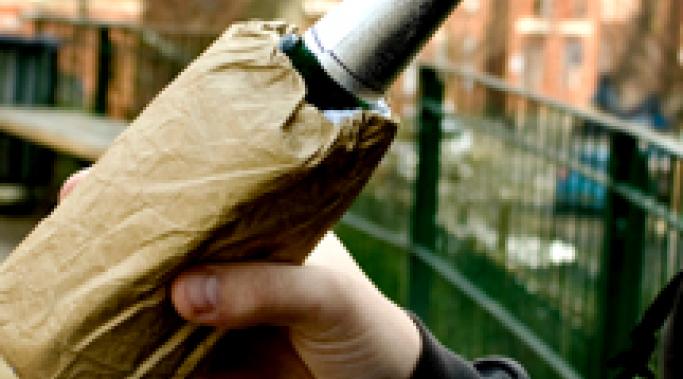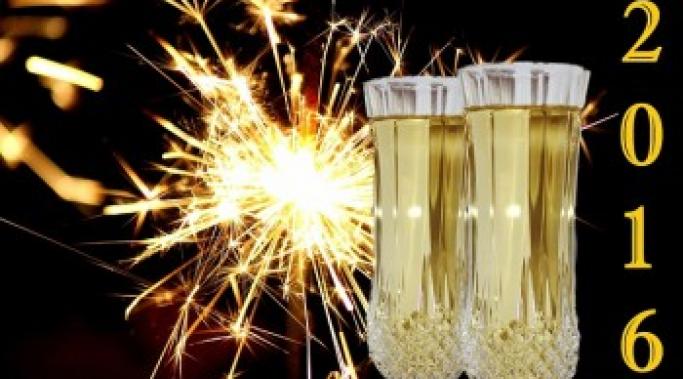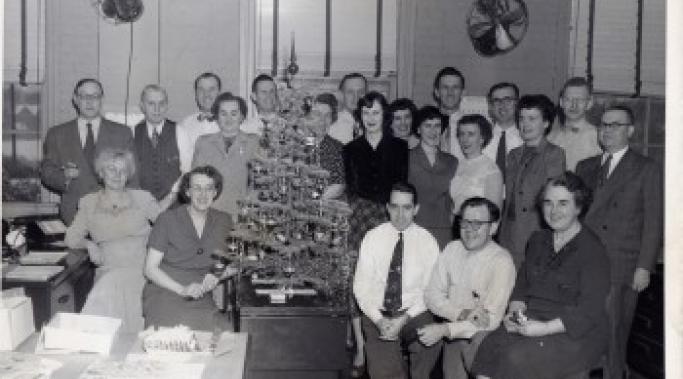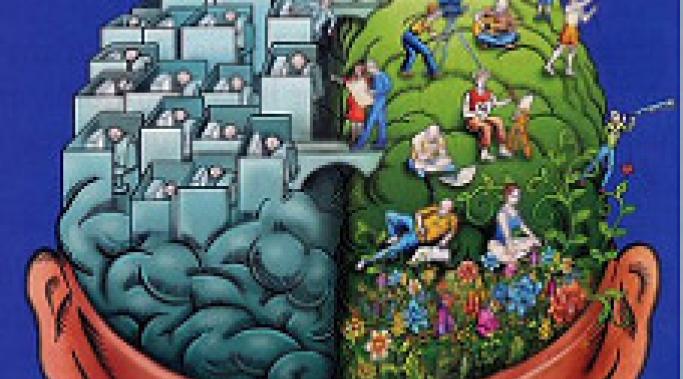Too often American society dehumanizes and devalues the lives of drug users, particularly drug addicts. Not recognizing and responding to the humanity of drug addicts is a dangerous moral and societal failing.
Alcohol Addiction
Buddhism is more than a religion and spiritual practice -- the principles of Buddhism provide tools for an addiction recovery program. Applying the principles of Buddhism to addiction recovery is not necessarily a new or unique idea, but it is less mainstream than typical addiction recovery programs. Maybe this program will resonate with you more so than SMART Recovery, Moderation Management, or 12 step programs.
I just celebrated a sobriety birthday, an event that always prompts reflection on how I got sober and clean in the first place. I do believe that a power greater than myself, a divine power, is ultimately responsible for me still being alive (Winehouse Death Due to Alcohol Poisoning and Tolerance). That being said, there are some practical components that have been vital to my getting sober and clean and staying that way.
Alcohol is well-known for its disinhibiting effect on people, and many people believe a drunken person's behavior can quickly change from being a bad choice to alcohol-induced behavior (Short-Term, Long-Term Effects of Alcohol). A video of a Miami doctor raging against an Uber driver over the weekend has gone viral. Dr. Anjali Ramkissoon, suspended from her job due to the video, implores other people to learn from her actions. She has accepted responsibility, acknowledged that she acted inappropriately, and now begs for forgiveness, stating that her behavior was grossly out of character. Dr. Ramkissoon does not, however, seem to acknowledge the role that alcohol may have played in the incident, which appears to be the teachable lesson in this situation (What Is Alcoholism?). Learn how to determine when a person's behavior goes from simply being a bad choice to alcohol-induced behavior, and what can be done to prevent similar incidents in the future.
There are many stereotypes about alcoholics that enable denial that developed through years of misinformation, changing research, and biased opinions. These misconceptions about alcoholism, and the people who suffer from it, are arguably the biggest barrier to individuals seeking help. Alcoholics use stereotypes to justify their drinking habits and explain why they cannot possibly be an alcoholic (Identifying and Diagnosing Alcoholism). If the stereotypes about alcoholics were debunked and known to be attributes not exclusive to alcoholics, these excuses would be harder to find. Without stereotypes about alcoholics, it would be harder to enable denial.
The winter blues are here and for those of us in all types of recovery, they can be especially tough (Stop Letting Winter Depression Freeze Your Happiness). If you're a recovering addict or alcoholic with the winter blues setting in, you are not alone.
Learning how to revisit painful memories can improve your sobriety by cleaning up negative emotions that no longer serve you. Recalling old wounds may seem scary, traumatizing, and unnecessary to some, but my experience has been overwhelmingly positive. While difficult and unpleasant at the time, the discomfort was outweighed by the relief I felt afterward (Unwanted Trauma Memories - How Do You Get Rid Of Them?). It's important to take certain steps during this process to ensure it has a positive outcome. Here are some tips on how to process painful memories to improve your sobriety in 2016.
New Year's Eve brings lots of unsafe alcohol consumption but you need safety on New Year's Eve. Whether you're sober or not, you should make plans to stay safe this New Year's holiday. Here are some ways to ensure alcohol safety on New Year's Eve.
Love it or hate it, the holiday season always brings obligations and you have to handle holiday obligations in alcohol recovery. It can be tricky to navigate those obligations. For me, feeling overwhelmed is just as a big an alcoholism trigger as alcohol itself so I have to be careful in my alcohol recovery with regards to holiday obligations..
Whether alcohol addiction is innate or a learned condition, it is stigmatized as affecting only "bad" people (The Stigma of Addiction). In reality, substance abuse and alcohol addiction is pervasive, affecting people of all ages, races, genders, and socioeconomic stature. How is this possible? Some believe the condition of alcohol addiction exists from birth whereas others disagree, feeling that it is developed over time. Personally, I know that I was an alcoholic long before I ever took my first drink (take the Alcoholism Test). I know where I fall in the big debate over alcohol addiction as an innate vs. a learned condition.









